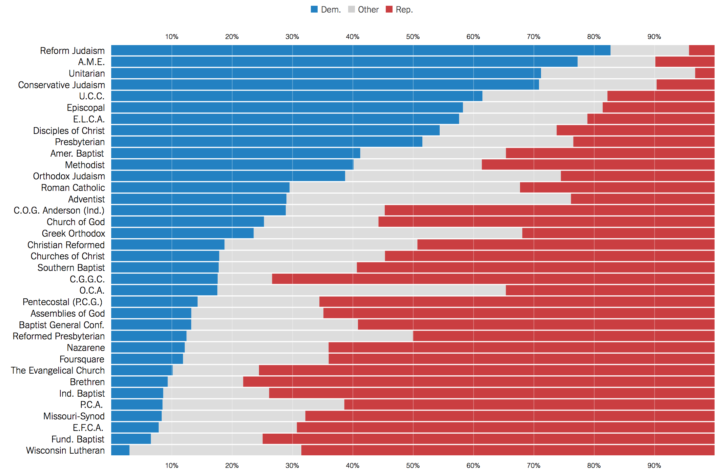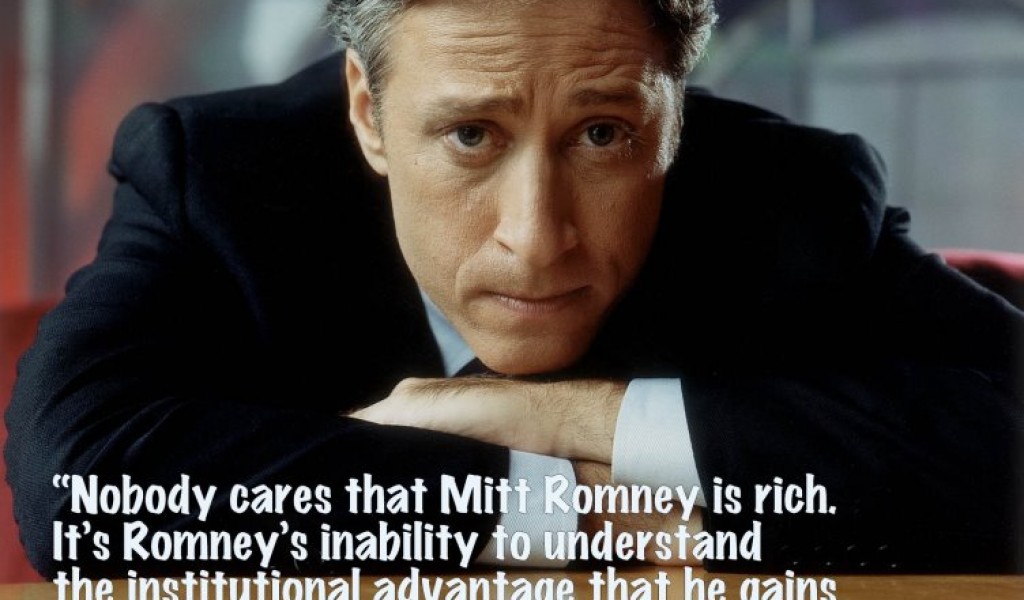Religious Politics

The intersection of religion and politics is a complex and multifaceted topic that has shaped societies and influenced global affairs for centuries. In an era where religious beliefs continue to play a significant role in people's lives, understanding the intricate dynamics between faith and political systems is crucial. This article delves into the world of religious politics, exploring its historical roots, contemporary manifestations, and the intricate challenges it presents in the modern world.
The Historical Tapestry of Religious Politics

Religious politics is not a new phenomenon; its roots can be traced back to ancient civilizations where religious leaders often wielded considerable political power. From the pharaohs of ancient Egypt, who were considered divine rulers, to the medieval era where the Catholic Church held immense influence over European politics, religion and governance were deeply intertwined.
One of the earliest and most influential examples is the Papacy during the Middle Ages. The Pope, as the head of the Catholic Church, held not only spiritual authority but also exerted political control over vast territories. The Papal States, which existed from the 8th to the 19th century, were a testament to this fusion of religion and politics. The Pope's influence extended beyond religious matters, impacting everything from warfare to cultural practices.
In the Islamic world, the concept of Caliphate combined religious and political leadership. The Caliph, considered the successor to the Prophet Muhammad, held supreme authority in both religious and secular affairs. This tradition, with variations, has influenced political systems in Islamic societies throughout history.
Religious Politics in Modern Contexts

While the direct involvement of religious institutions in politics has evolved over time, the impact of religious beliefs on political decisions remains profound. Modern democracies, despite their secular foundations, often grapple with the influence of religious ideologies.
The United States: A Case Study in Religious Politics
In the United States, religious politics is a prominent and often divisive force. The Evangelical movement, with its strong presence in American society, has had a significant impact on political discourse and policy-making. The influence of religious beliefs on issues such as abortion, same-sex marriage, and education has been a recurring theme in American politics.
For instance, the debate surrounding school prayer in public schools is a classic example of religious politics in action. The tension between the separation of church and state, as outlined in the First Amendment, and the desire of some religious groups to incorporate prayer into the school day, showcases the delicate balance required in a diverse and democratic society.
Similarly, the 2020 Presidential Election highlighted the role of religious beliefs in political preferences. A significant portion of voters based their decisions on candidates' stances on religious issues, illustrating the enduring impact of faith on political choices.
Global Perspectives: Religion and Political Movements
Beyond the US, religious politics takes on diverse forms and influences various political movements worldwide.
- In the Middle East, the Islamic Awakening movement, which advocates for a return to traditional Islamic values, has influenced political uprisings and the rise of conservative governments.
- The Dalit Buddhist Movement in India challenges the dominance of Hinduism and seeks to empower marginalized communities, showcasing how religious beliefs can fuel social and political change.
- In Europe, the rise of populist political parties often aligns with conservative Christian values, reshaping the political landscape.
The Complex Dynamics: Challenges and Opportunities
The interplay between religion and politics presents a host of challenges and opportunities. While religious beliefs can unite communities and inspire positive social change, they can also lead to polarization and conflict.
Polarization and Extremism
One of the primary concerns in religious politics is the potential for polarization and the rise of extremist ideologies. When religious beliefs are used to justify political agendas, it can lead to division, intolerance, and even violence. The rise of religious nationalism, where faith is intertwined with national identity, has often resulted in exclusionary policies and conflicts.
For instance, the Boko Haram insurgency in Nigeria, driven by an extremist interpretation of Islam, has led to widespread violence and human rights abuses. Similarly, the Zionist movement in Israel, which combines Jewish nationalism with religious beliefs, has shaped the country's political landscape and its complex relationship with its neighbors.
Religious Freedom and Human Rights
Ensuring religious freedom and respecting human rights in the context of religious politics is a delicate task. While societies strive for inclusivity and equality, balancing the rights of religious groups with the principles of secular governance can be challenging.
Consider the debate surrounding religious symbols in public spaces. The presence of religious symbols, such as crucifixes or headscarves, in government buildings or schools raises questions about the separation of church and state and the right to religious expression.
Opportunities for Dialogue and Social Change
Despite the challenges, religious politics also presents opportunities for meaningful dialogue and positive social change. When religious beliefs are harnessed for inclusive and compassionate purposes, they can drive powerful movements for equality and justice.
The Catholic Church's role in promoting social justice, as exemplified by Pope Francis' advocacy for environmental stewardship and economic equality, showcases how religious institutions can positively impact political discourse and social policies.
Additionally, interfaith initiatives, such as the Global Interfaith Network, foster dialogue and understanding between different religious traditions, promoting peace and cooperation in diverse societies.
Conclusion: Navigating the Complex Terrain
The world of religious politics is a dynamic and ever-evolving landscape. As societies become increasingly diverse and interconnected, the impact of religious beliefs on political decisions will remain a critical area of study and discussion.
By understanding the historical roots, contemporary manifestations, and intricate challenges of religious politics, we can better navigate this complex terrain. It requires a delicate balance between respecting religious beliefs and upholding the principles of secular governance, ensuring that faith continues to inspire positive change without exacerbating division and conflict.
How does religion influence political decisions in secular democracies?
+In secular democracies, while the state is officially neutral in matters of religion, individual politicians and voters often bring their religious beliefs into the political arena. This influence can shape policy agendas, particularly on issues related to morality, family values, and social welfare.
What are some strategies for promoting religious tolerance in politics?
+Promoting religious tolerance requires a multi-faceted approach. This includes education that fosters understanding and respect for diverse religious traditions, encouraging interfaith dialogue and cooperation, and implementing policies that protect religious freedom while upholding the principles of secular governance.
How can religious leaders positively influence political processes?
+Religious leaders can play a constructive role by advocating for peace, justice, and reconciliation. They can use their influence to bridge divides, promote dialogue, and encourage political participation among their followers. Additionally, they can hold political leaders accountable for their actions and decisions, especially regarding ethical and moral issues.



